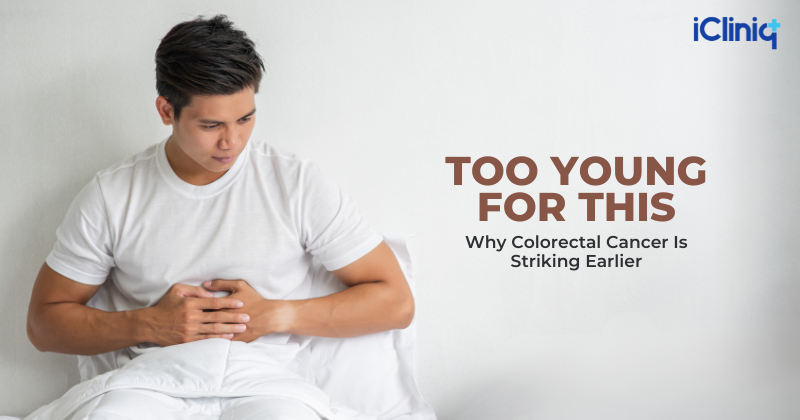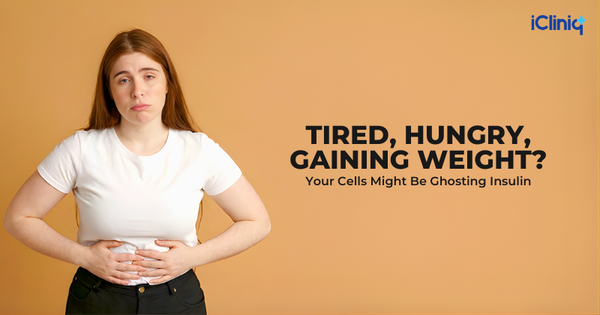Too Young for This: Why Colorectal Cancer Is Striking Earlier

Colorectal cancer was once known as an "older adult's disease," but that label no longer fits. In 2023 alone, nearly 20,000 people under the age of 50 were diagnosed with colorectal cancer. Even more alarming is that cases have been increasing by 3% each year among young adults since the early 2010s.
So what's driving this rise in early-onset colorectal cancer? Here are five major factors experts believe may be responsible and what can be done to stop this growing threat.
The Rise of Ultra-Processed Diets
Diets high in sugary drinks, fried foods, and processed snacks are strongly linked to early-onset colorectal cancer. These "eastern-style" eating patterns can increase inflammation and disrupt normal gut function. On the other hand, diets rich in fiber, fruits, vegetables, and whole grains, like the Mediterranean or DASH diets, appear to offer some protection.
Sedentary Lifestyle and Obesity
A screen-heavy lifestyle and lack of physical activity are major contributors to rising colorectal cancer cases. Prolonged sitting, especially TV-watching, increases the risk of colon cancer, even in young people. Obesity further adds to the risk by triggering chronic inflammation.
Experts recommend at least 150 minutes of moderate activity per week, along with strength training, to reduce colorectal cancer risk.
Gut Microbiome Imbalance
The trillions of bacteria in your gut, collectively known as the gut microbiome, can influence cancer risk. Studies indicate that colibactin and other bacterial toxins may impair DNA and help foster cancerous growths in young people. These damaging alterations in the gut microbiome may start as early as childhood, predisposing one to colorectal cancer decades later.
Late Detection and Limited Screening Access
A lot of young adults have not been screened for colorectal cancer due to them being under the expected age range. This leads to late diagnoses when the disease is harder to treat. Recent studies show that starting screening earlier, between the ages of 40 and 49, can significantly reduce colorectal cancer deaths and new cases.
Tools like the fecal immunochemical test (FIT) can help detect signs of colorectal cancer early and should be made more widely available.
Environmental Toxins and Epigenetics
Exposure to pollutants, plastic chemicals (like BPA), and endocrine disruptors may also raise colorectal cancer risk. These toxins can interfere with gut bacteria, immune function, and cellular health, especially when exposure starts young. Climate change and food system changes may also be playing a hidden role.
The Takeaway: Time to Act Early
Colorectal cancer is no longer a disease to think about "later." From what you eat to how much you move, your daily habits matter, even in your 20s and 30s. Early awareness, better screening access, and a healthier lifestyle can make a big difference.
If you have a family history of colorectal cancer or persistent symptoms like rectal bleeding, don't wait; talk to your doctor about screening options.





